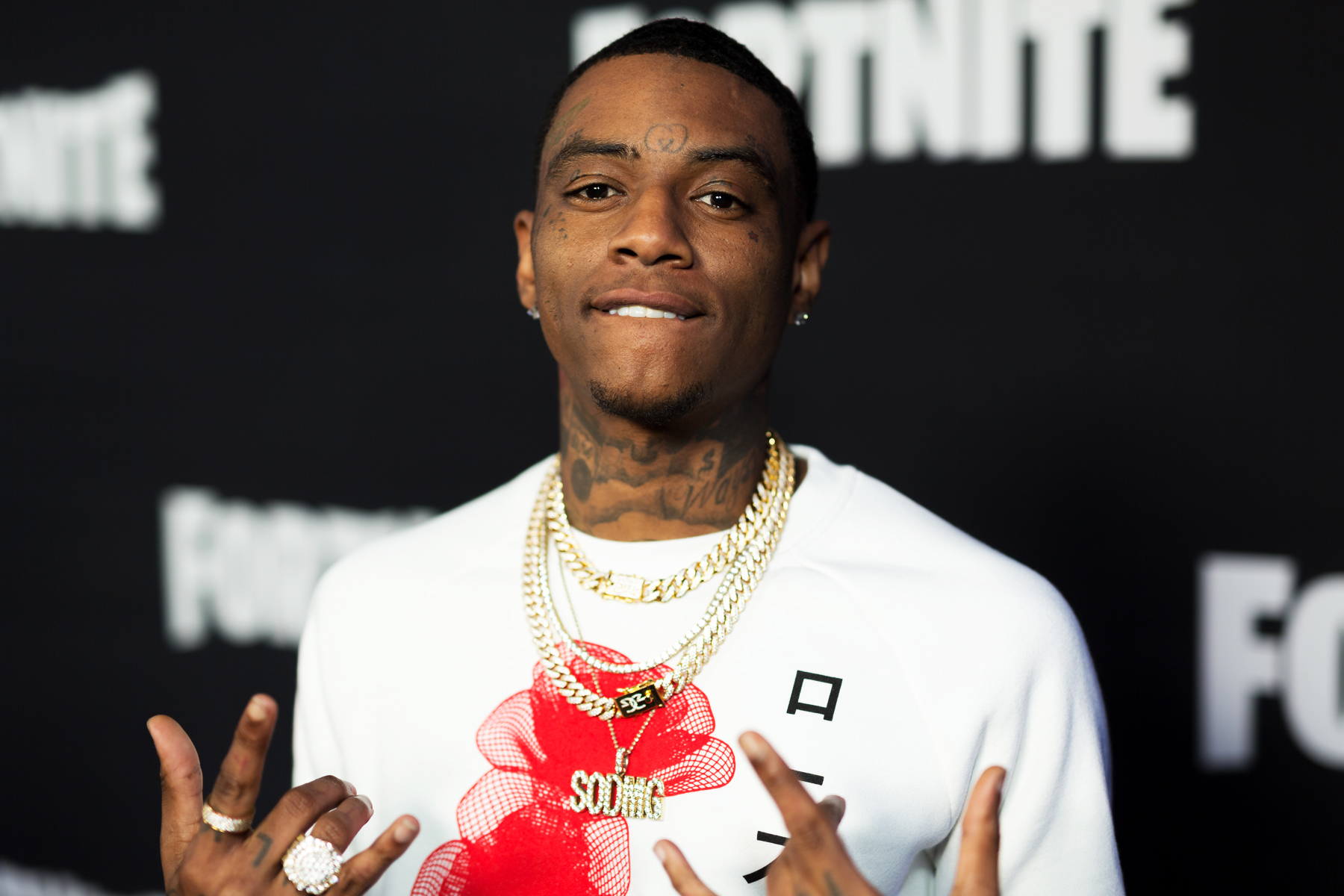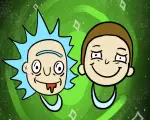Soulja Boy Tell Em’, at least for my generation, is best remembered for writing a slew of middle school jams that literally anyone and everyone could sing. Tracks like “Kiss Me Thru the Phone,” “Pretty Boy Swag,” “Crank That (Soulja Boy),” “Yahhh” and “Turn My Swag On” cemented the Chicago-born rapper, born DeAndre Cortez Way, as one of the most prominent, nostalgia-inducing artists of our collective childhood.
But, as is the fate of all artists at some point, Way began to fizzle out as times changed. Gradually, artists like Drake, Migos and others began to eclipse the man who sound-tracked our puberties, and Way was all but forgotten.
Lately, however, we seem to be in the midst of a Soulja Boy renaissance. Whether he’s collaborating on singles or creating a new video game console, Way has been working hard. More importantly, though, he recently caused quite the uproar in an interview with the radio show “The Breakfast Club” when he claimed that Drake had copied his beats.
Soon after, he claimed responsibility for catapulting a number of other musicians into the limelight. After these claims, the internet went wild and began trying to determine whether he was telling the truth.
Since then, much to the surprise of most casual music fans, a wealth of evidence has emerged to support Way’s claims.
Drake
The introduction behind Drake’s 2010 banger, “Miss Me,” might sound eerily familiar to anyone who’s heard Soulja Boy’s 2006 track, titled “What’s Hannenin.’”
“Miss Me” was definitely one of the biggest, if not the biggest song of 2010. The legendary “I said tell me, what’s really going on? / Drizzy back up in this thing / What’s happening?” is a pretty straightforward rip-off of Soulja’s song, but since “What’s Hannenin’” was nowhere as big as other tracks in Soulja Boy’s discography, the copycat went under the radar until Way broke it down in an interview.
Migos
In a later interview with Barstool Sports, Way also declared that a 2012 cut of his, “Teach Me How to Swag Part 2,” was ripped off by another mega group. A year after Way released “Swag Part 2,” the world first heard “Versace,” the hit that put Migos on the map.
Way admitted that the beat was sent to him and Migos by producer Zaytoven, but Migos came back a year later with a different, more appealing flow. Admittedly, Migos did ask Way to make an appearance in their “Versace” video, and you can see Soulja’s cameo at around 1:18.
Still, over time, the song essentially established the Atlanta trio as major players in the genre, and they soon followed the hit with their first album, “No Label 2,” in 2014. Could they have done it without Way?
Ariana Grande
Grande’s recently released “7 Rings,” inspired by “The Sound of Music” hit, is the latest to receive backlash. In the chorus she sings, “You like my hair? / Gee, thanks. Just bought it / I see it, I like it / I want it, I got it.” While the flow seems innocuous enough, it bears some resemblance to Way’s classic lines, “This / right here / is my / swag,” which he rapped on the now-iconic “Pretty Boy Swag.”
Did Grande rip off Way’s flow? The world will likely never know, but the similarities are close enough to keep the questions circling.
Ahead of His Time
Some rappers, like Lil Wayne, Jay-Z or The Notorious B.I.G, make music that changes the game immediately; their new way of spitting, new object of focus or sonic invention shifts the paradigm, and other rappers jump aboard the trend.
The influence of Soulja Boy, however, was much less apparent during his fame. He rose to prominence in the late 2000s, but very few people understood that he was making music that was 10 years ahead of its time. Nowadays, a lot of rap owes a core part of its identity to what Way was doing back in 2008.
So, when Way began claiming that he influenced a number of famous musicians, his boasts could have easily fallen on deaf ears if he didn’t have the receipts he had. Instead, he pulled back the curtain and pointed to the rhythmic parallels between his music and those that came after him, and finally, the world has begun to recognize his influence on hip hop.
In the end, Way doesn’t seem like he’s trying to take anyone to court or dethrone a superstar; he’s satisfied with the knowledge that the world is finally starting to see how important he is to the rap world. His career might have peaked before 2010, but his influence lingers on into today.











